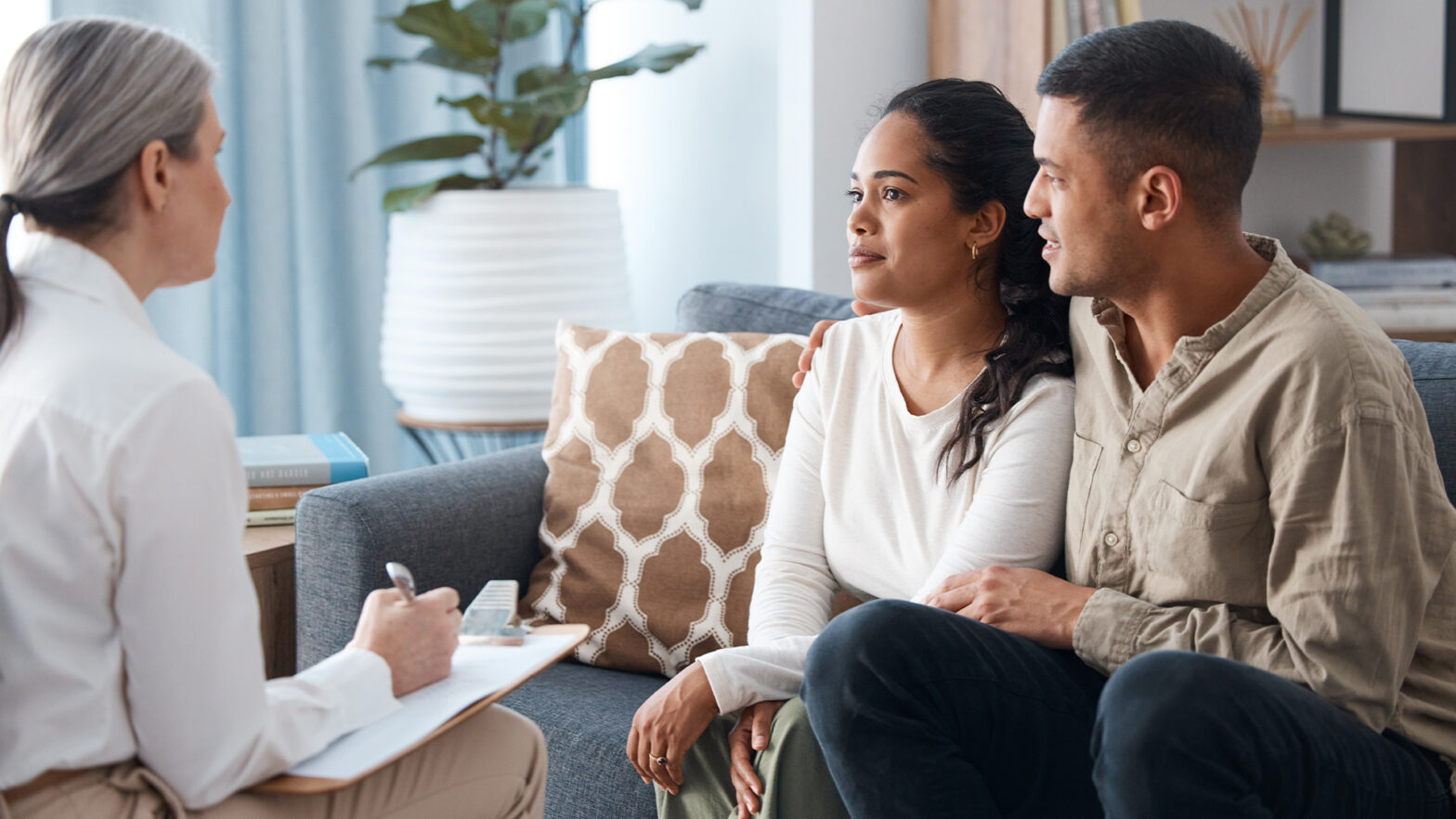
By Dr. Bradford Stucki, Licensed Marriage and Family Therapist
Men and women both want sound mental health treatment, but different counseling techniques and considerations are needed to get each gender there.
In this piece, we’ll explore:
- The differences between men’s and women’s counseling
- What therapy sessions might look like
- Common issues with each gender, individually and separately
- Signs that it might be time to seek help
What counseling is like for men
As a general societal thing (there are many exceptions), men tend to be more closed in emotional conversations. Sometimes, they can even deliberately avoid seeking psychotherapy if it means letting someone else in.
Conversations are changing around this. More men have joined the therapy train, choosing to see it as a sign of weakness no longer.
That’s good news—but, it doesn’t mean therapy for men is the same as for women.
There are still subtle differences based on peculiar gender attributes because if counseling for men worked the same as for women, it could stifle the growth of men participating in therapy. There’s actual research suggesting that some therapy techniques worsen depression in men.
As a result, men’s counseling does healthily infuse masculine features:
- More solution-focused and goal-oriented
- Preference for shorter-term therapy with concrete objectives
- Lots of action-based techniques
- Patience with exploring emotions in depth initially. Many therapists will begin by asking about sleep, motivation, and appetite rather than direct questions about emotions. The answers typically contain enough emotional data to work with
What counseling is like for women
Women are generally better at expressing emotions.
There is no evidence suggesting any difference in brain size or structure is responsible for that, so one can only assume that gender stereotypes, like the centuries-long practice of falsely designating women as the ‘weaker sex,’ are the difference-maker.
During therapy, women want to discuss their feelings while seeking emotional support.
Some attributes of therapy for women include:
- More process-oriented and emotion-focused
- Comfortable with longer-term therapy
- Prefer exploring feelings and experiences in detail
- Happy to discuss relationships (romantic or otherwise)
Common Issues For Men and Women
Both genders deal with mental health issues of every kind. However, some issues are more likely to pop up on one side rather than the other.
For example, men are easily prone to burnout and stress from their careers or societal expectations. Many men struggle with work-life balance and other challenges such as cultural norms to not show their emotions or weaknesses.
On the flip side, cultural norms dictating what the physical appearance of women means that women commonly deal with body image disorders, anxiety, depression, and self-esteem problems more.
Common mental health issues men deal with:
- Anger management
- Work-related stress and burnout
- Substance abuse
- Difficulty expressing emotions
- Sexual performance anxiety
- Fatherhood and family role challenges
Common mental health issues women deal with:
- Anxiety and depression
- Body image issues
- Relationship conflicts
- Work-life balance struggles
- Postpartum depression
- Menopause-related mood changes
Signs It’s Time to Seek Therapy
For Men
- Increased irritability or angry outbursts affecting relationships
- Feeling constantly stressed or overwhelmed at work
- Struggling to connect emotionally with partner or children
- Using alcohol or substances to cope with stress
- Feeling stuck in career or life goals
- Experiencing persistent low mood or lack of motivation
For Women
- Feeling anxious or depressed more often than not
- Struggling with self-esteem or body image issues
- Experiencing relationship difficulties that don’t improve
- Finding it hard to balance work and personal life
- Feeling overwhelmed by parenting responsibilities
- Noticing significant mood swings related to hormonal changes
Universal signs for men and women
Relationship problems
If you constantly argue with your partner, feel disconnected, or experience trust issues, it might be time to seek couple or individual therapy.
Work challenges
When work stress starts affecting your performance, relationships with colleagues, or overall job satisfaction, counseling can help.
Family conflicts
If you’re struggling to communicate with family members or dealing with ongoing family drama, therapy can provide tools to improve these relationships.
Parenting difficulties
When parents feel overwhelmed by responsibilities or have conflicts with their children, family therapy or parenting counseling can be beneficial.
Goal blockages
If you find yourself unable to achieve personal or professional goals due to internal barriers, therapy can help identify and overcome these obstacles.
Functional impairment
When emotional issues start interfering with daily activities like work, self-care, or socializing, it’s a clear sign that professional help could be beneficial.
Persistent negative thoughts
Cognitive behavioral therapy could be particularly helpful if you’re constantly battling negative self-talk or pessimistic outlooks.
Physical symptoms
Sometimes, mental health issues manifest physically.
Persistent headaches, digestive issues, or other unexplained physical symptoms could be signs of underlying psychological stress.
Wrap Up
These are general trends, and individual experiences may vary — a lot.
The most important thing is to recognize when you need help and take the brave step of seeking it out.
Whether you’re a man or a woman, your mental health matters, and there’s no shame in asking for support.
If you need a therapist who understands these nuances between genders and can provide dedicated counseling for both men and women, BridgeHope Family Therapy is a pretty safe bet.
You want to be healthy and stronger emotionally. We’ll do what it takes to get you there.
If you live in Texas, Utah, or Virginia, schedule a free consultation here. PS: Don’t wait until your problems become overwhelming—it’s not worth it

















